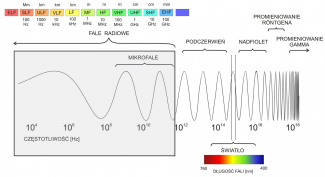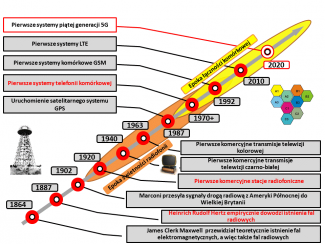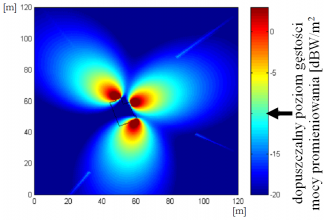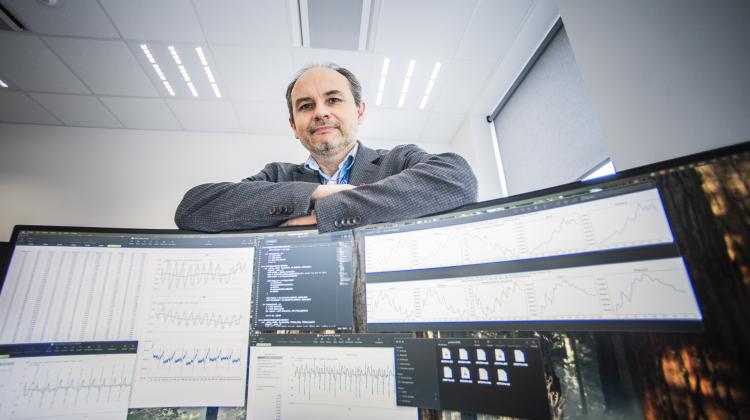Radio Day, is a holiday celebrated in Poland each year on April 11 to emphasize the significance of this medium for people's lives. This blog post - in its condensed form - brings up a few selected aspects of this concept and this realm of engineering and technology.
According to the PWN Encyclopaedia: 'radio [lat. radius ‘ray'], a medium of mass communication, used for broadcasting spoken word and music programs of different character (newscasts, entertaiment, culture, literary, drama, educational, sportscasts) for general audiences'.
Today, the definition is obsolete because radio is used to broadcast not only spoken or music shows but also TV shows or, in more general terms, any digital information. That is why this definition is more relevant: 'Radio – a field of technology that deals with transmission of information over distances by radio waves'.
Radio waves are electromagnetic waves that have been in existence ever since the beginning of the universe (or at least since the Big Bang, a proof of which is the cosmic microwave background), which from the vantage point of humans means: since forever. We are always immersed in electromagnetic waves - radio waves, thermal radiation, ultraviolet (UV), Röntgen radiation (x-ray), gamma rays - all are electromagnetic waves that only differ in the frequency of oscillations.
That electromagnetic waves exist, we learned relatively recently when in 1864, a Scottish researcher, James Clerk Maxwell, theoretically predicted their existence (including radio waves), and in 1887, a German scientist, Heinrich Rudolf Hertz empirically demonstrated it. A few years after the discoveries made by Maxwell and Hertz, an Italian, Guglielmo Marconi used them to transmit information from Great Britain to Canada. Today, it would be hard to imagine the world without radio broadcasting, broadcast and satellite TV, wireless Internet access, wireless headphones, satellite geopositioning systems, GLONASS or GALILEO, and most of all, without cellular phones. All thanks to advances in radio technology.
Because transmitters, base transceiver stations, and other radio communication devices are currently everywhere around us, the question whether radio waves have a harmful effect on our health and our environment seems only natural. It needs to be underscored that in spite of intense research that has been conducted around the world for a long time now, there have been no reports to confirm that they do. It is also worth pointing out that in Poland, for historical reasons, the limits on exposure to electromagnetic fields are much stricter than the standards recommended by the World Health Organization and ICNIRP.
Regardless of how much has been achieved in radio communication, its development is by no means slowing down. Around 2020, the first 5th generation wireless systems, the so called 5G, will be deployed. This will be yet another revolution in general wireless communication, which will provide for transmission speed even of several GB/s and latency as low as 1 ms, which will enable real-time control of air-vehicles (drones, if you like).
Meanwhile, while thinking the content of this blog post up, I was driving my car and listening to music broadcast by one of the stations that still use the good old analog FM audio broadcasting system over the VHF bands- the same that has served us, practically unaltered, since the 1930s that is for over eighty years.
On Radio Day, we wish radio further spectacular development, and its users - continued great use of this wonderful achievement of our civilization.







